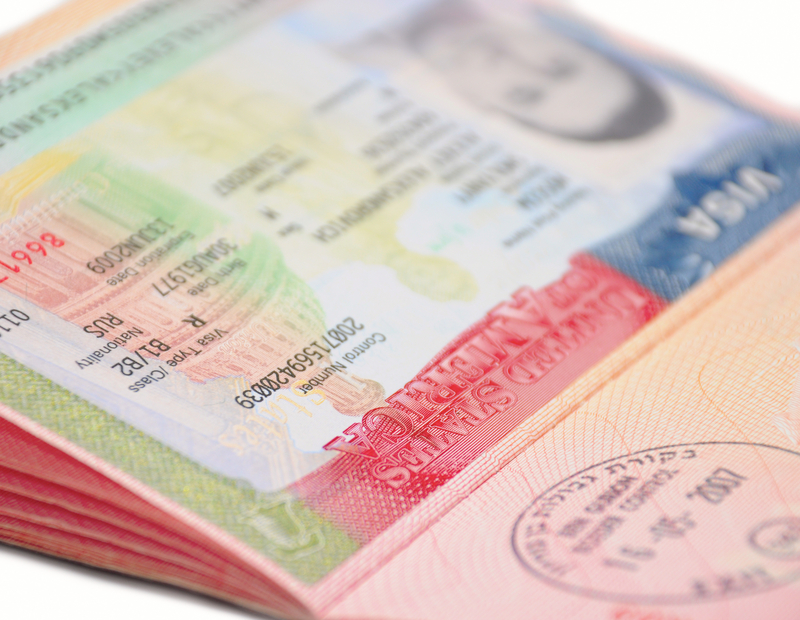
Washington, D.C. — July 25, 2025 |With the fall academic session rapidly approaching, a bipartisan group of 15 U.S. lawmakers has called on the State Department to take immediate action to address the ongoing delays in student visa processing for Indian applicants. In a letter sent to Secretary of State Marco Rubio on July 24, the members of Congress expressed deep concern over the growing backlog of visa appointments, warning that thousands of Indian students may not be able to begin or continue their studies in the United States on time.
The letter, led by Congresswoman Deborah Ross of North Carolina, was co-signed by 14 other lawmakers, including Indian-American representatives Pramila Jayapal, Raja Krishnamoorthi, and Shri Thanedar. The lawmakers noted that Indian students constitute the largest international student population in the U.S. and contribute approximately $9 billion annually to the American economy. They emphasized the invaluable role that these students play in advancing scientific research, technological innovation, and maintaining the global competitiveness of American institutions.
According to reports from constituent universities, numerous Indian students have been unable to secure visa appointments despite trying repeatedly. Many have been logging into appointment portals several times a day in hopes of finding an available interview slot. These challenges have been exacerbated by earlier policy decisions, including a temporary freeze in student and exchange visitor visa interviews that was implemented under the Trump administration as part of a broader effort to revamp social media vetting procedures for international applicants.
Although visa processing has since resumed, the backlog remains severe. The U.S. Embassy in India continues to warn applicants that timely appointments cannot be guaranteed. Data from May 2025 shows a 41% year-over-year drop in F-1 visa issuances to Indian students, while the global decline for the same category stands at 22%. These numbers point to a serious disruption in international education flows, with India—home to one of the largest outbound student populations—being disproportionately affected.
The lawmakers have asked the State Department to respond in writing by August 8, outlining the specific steps being taken to restore full visa services in India and address the current backlog. They also requested information on how the Department plans to ensure equitable access to appointments for all eligible applicants. In their letter, they reaffirmed the importance of student exchange programs not only to American universities and the economy, but also to strengthening U.S.-India relations on the global stage.
The letter was signed by Representatives Deborah Ross, Stephen Lynch, Pramila Jayapal, Shri Thanedar, Zoe Lofgren, Raja Krishnamoorthi, Jim Costa, Thomas Suozzi, Dina Titus, Marc Veasey, Bonnie Watson Coleman, Brad Sherman, Hank Johnson, Don Bacon, and Eric Swalwell. While the majority of signatories are Democrats, the inclusion of Republican Congressman Don Bacon underscores the bipartisan concern over the issue.
Meanwhile, the Indian government has raised the matter with U.S. officials in both New Delhi and Washington. Indian media outlets and education consultancies have reported rising frustration among students and families, with some predicting as much as an 80% decline in the number of Indian students going to the U.S. this year if the situation is not resolved quickly. As global competitors like Canada and the United Kingdom continue to offer more predictable visa processes, the United States risks losing its position as the top destination for international education.
The letter from Congress serves as both a warning and a plea. With only weeks remaining before the start of the academic year, lawmakers are urging the State Department to act swiftly and decisively to ensure that students who have earned places in U.S. institutions are not left stranded by bureaucracy. Their message is clear: Indian students are a vital part of the American educational landscape, and any threat to their access is a threat to U.S. leadership in global higher education.
Related posts:
- Laid Off on an H-1B or L-1 Visa? Here’s What You Need to Know
- Trump’s approval on immigration falls to lowest level of his term, Reuters/Ipsos poll finds
- Green Card Holders Must Carry ID at All Times, Warns U.S. Border Protection Agency
- Judge blocks Trump’s birthright citizenship order despite Supreme Court ruling


